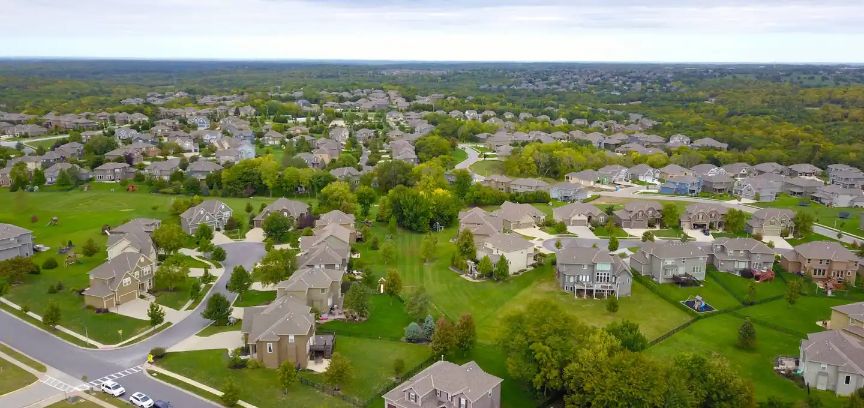The Impact of Location on Property Value
6 min read
14 May 2024
When it comes to real estate, the saying "location, location, location" couldn't be more accurate. Location plays a pivotal role in determining the value of a property. Whether you're buying a home for personal use or considering real estate as an investment, understanding the profound impact of location is crucial. In this comprehensive exploration, we'll delve into how location influences property value and why it's a paramount consideration for both buyers and investors.
Proximity to Amenities:
One of the most significant factors that affect property value is the proximity to essential amenities and conveniences. Homes located near schools, parks, public transportation, shopping centers, and medical facilities often command higher prices. The convenience of having these amenities nearby adds to the desirability of the location, making it more appealing to potential buyers.

Neighborhood Safety and Crime Rates:
Safety is a top priority for homebuyers, and the safety of a neighborhood significantly impacts property values. Areas with low crime rates and a strong sense of security tend to have higher property values. Buyers are willing to pay more for homes in neighborhoods where they feel safe and can enjoy peace of mind.
School District Quality:
For families with children, the quality of the school district is a critical consideration. Properties located within well-regarded school districts often experience higher demand and greater property values. Parents are willing to invest in homes that provide access to excellent educational opportunities for their children.
Accessibility and Commute Times:
The convenience of commuting to work or other destinations is another key factor. Homes with easy access to major highways, public transportation, and employment centers tend to be more valuable. Reduced commute times and efficient transportation options are highly desirable features for homebuyers.
Scenic Views and Natural Surroundings:
Properties with scenic views or proximity to natural attractions like lakes, mountains, or parks often command premium prices. The beauty of the surroundings adds to the overall appeal of the location and enhances the property's value. Homes with access to green spaces or waterfronts are particularly sought after.
Economic Growth and Development:
The economic health of an area plays a vital role in property values. Locations with a strong and diverse economy, job growth, and investment opportunities tend to see property values rise over time. Investors often target areas with potential for economic development.
Historical Significance and Preservation:
Historically significant neighborhoods or properties that have been well-preserved can have a unique impact on property values. Buyers often gravitate towards areas with historical charm and character, leading to increased demand and higher prices.
Supply and Demand Dynamics:
Lastly, the fundamental principle of supply and demand applies to real estate. When the demand for homes in a particular location outpaces the supply, property values tend to rise. Conversely, an oversupply of homes in an area can put downward pressure on prices.
In Conclusion:
The impact of location on property value cannot be overstated. It encompasses a wide range of factors, from proximity to amenities and safety to school district quality and economic growth. Whether you're a buyer looking for the perfect home or an investor seeking to maximize returns, recognizing the significance of location is essential. By carefully evaluating the location, you can make informed decisions that align with your goals and preferences in the dynamic world of real estate.



